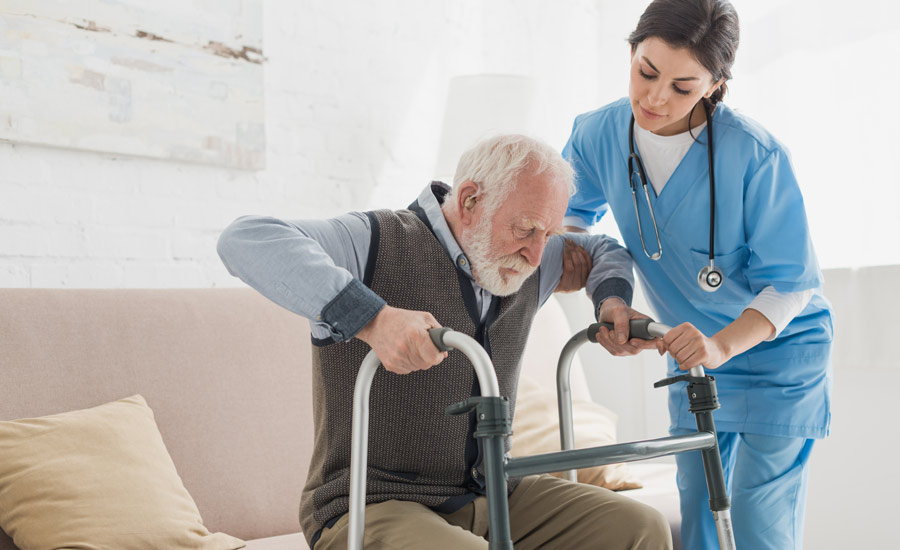The Benefits of Choosing a Specialised Care Home for Your Loved One

Health needs can change in ways that affect how and where an older adult is best supported. For some, this means choosing a care home for specific conditions or more complex requirements.
This guide discusses who is most likely to benefit from a specialised care home and how recognising the right time can prevent avoidable stress for both the resident and their family.
Who Should Consider a Specialised Care Home?
A specialised care home is best suited to those with health needs that require more than just general care can provide. This may include:
- Those with progressive neurological conditions such as dementia, Parkinson’s disease or multiple sclerosis.
- People recovering from a stroke or brain injury who need ongoing rehabilitation.
- Individuals with advanced or complex physical disabilities.
- Those requiring palliative or end-of-life care.
- Anyone whose safety, well-being or independence is at risk without condition-specific support.
Recognising the Signs That General Care May Not Be Enough
Sometimes, a general care home can meet a resident’s needs for years. But in other cases, health or behaviour changes mean that the support available is no longer enough, including:
Increased medical complexity
If a condition now requires regular monitoring, specialist medication or specific interventions that staff aren’t trained to deliver, a specialist care home may be safer and more effective.
Changes in behaviour or communication
Confusion, agitation or withdrawal linked to some conditions are challenging to manage without specialist understanding. In the wrong environment, these changes lead to distress for the resident and disruption for others.
Frequent hospital visits
Repeated admissions for preventable issues, such as falls, infections or unmanaged symptoms, may suggest that your loved one’s current care home environment isn’t anticipating problems or acting quickly enough.
Growing safety concerns
This could mean wandering, difficulty navigating the building, increased falls or missed medication. Safety is about emotional well-being, too, because feeling disoriented or unsupported can be as harmful as physical risks.
The family is taking on more responsibility
If relatives are regularly filling gaps in care that staff cannot maintain, it’s a blatant sign that their current care home may be struggling to keep up.
Times When a Specialist Care Home Can Help Most
Specialist care can make daily life easier and safer for your loved one in many situations where expertise or a purpose-built environment is essential.
Dementia and memory loss
Dementia care homes reduce confusion and distress thanks to features like clear signage, colour contrast and calm spaces that help residents feel more settled. Trained staff use communication techniques that prevent minor misunderstandings from turning into bigger, more complicated problems.
Parkinson’s disease
Symptoms can change quickly. Specialist teams know how to adapt support when mobility suddenly declines and can plan routines around medication schedules, which often improves comfort and independence.
Stroke recovery
Rehabilitation works best when therapy is part of everyday life. Specialist homes can provide regular physical therapy, speech therapy and access to the right equipment, rather than occasional sessions.
Progressive neurological conditions
Conditions such as MS or motor neurone disease often bring new challenges over time. Specialist homes can adjust care and facilities as needs change, avoiding the upheaval of moving between services.
Palliative and end-of-life care
Specialist teams are trained to manage end-of-life symptoms, provide emotional support and maintain dignity, ensuring your loved one is comfortable at all times and easing stress for family during a difficult stage.
Complex physical disabilities
When someone relies on equipment for mobility, feeding or breathing support, specialist care home settings ensure staff are thoroughly trained to use this equipment and that the environment is adapted for safe, everyday use.
Choosing Care That Meets Every Need
When health needs become more complex, the right specialist environment can provide expertise that’s hard to find in a general residential care home. The sooner you recognise changes, the easier it is to choose a home that can provide the security and consistency your loved one needs.
Ready to explore...
